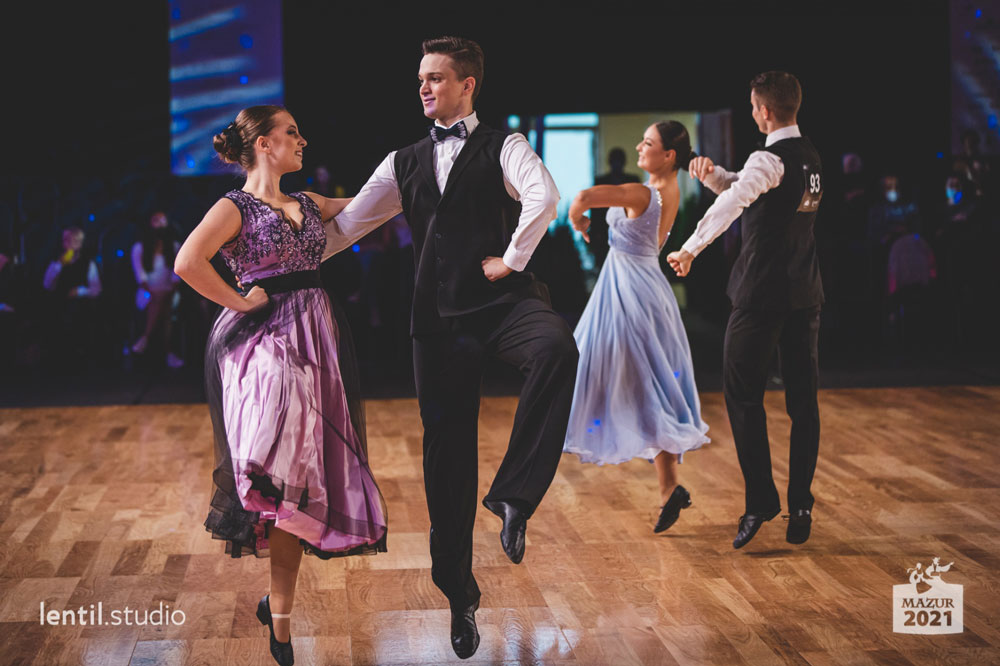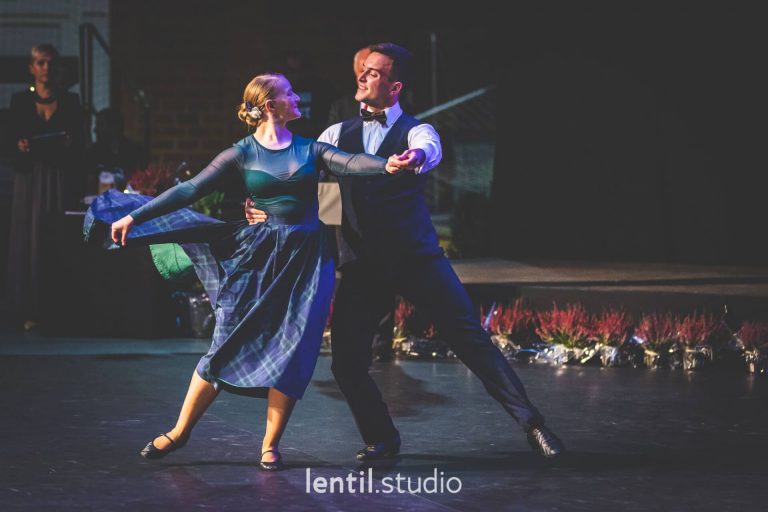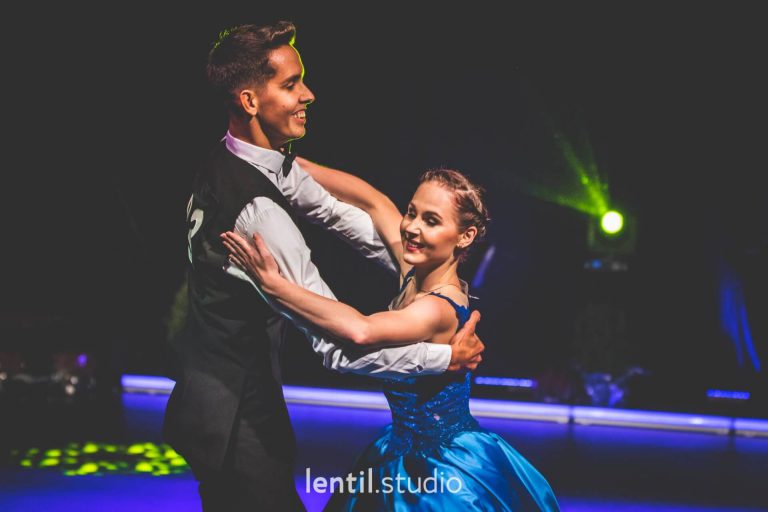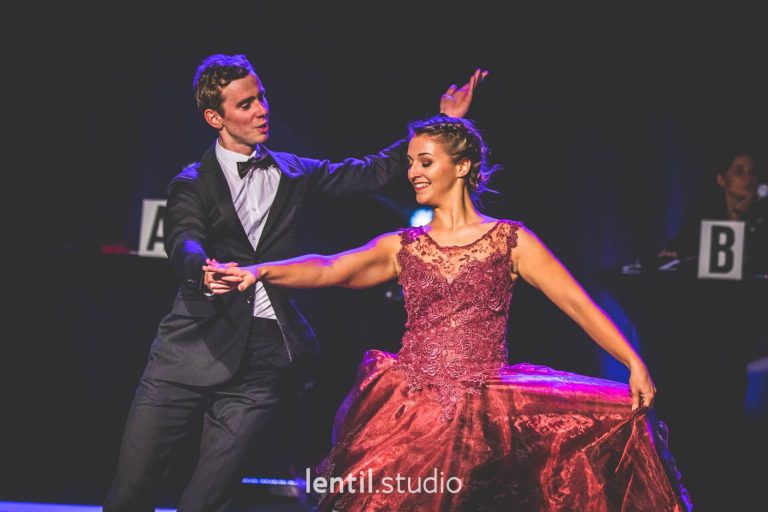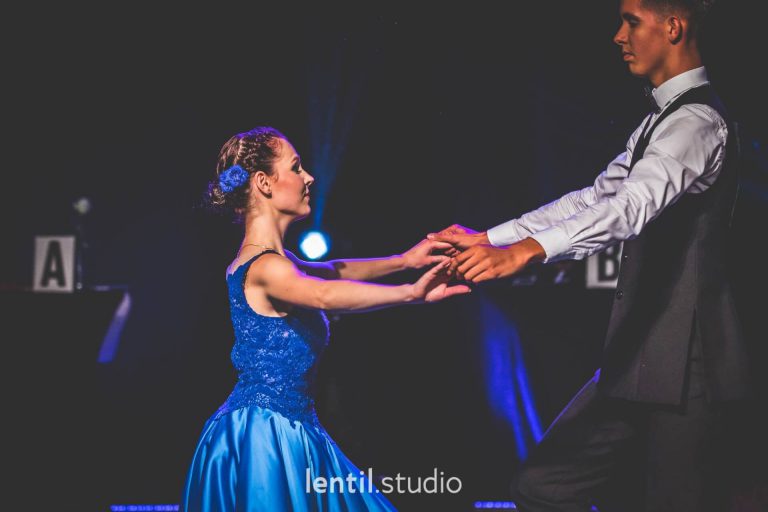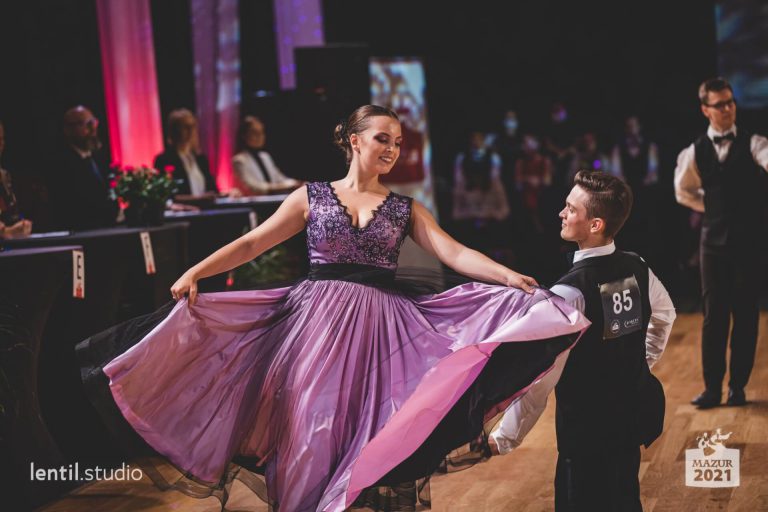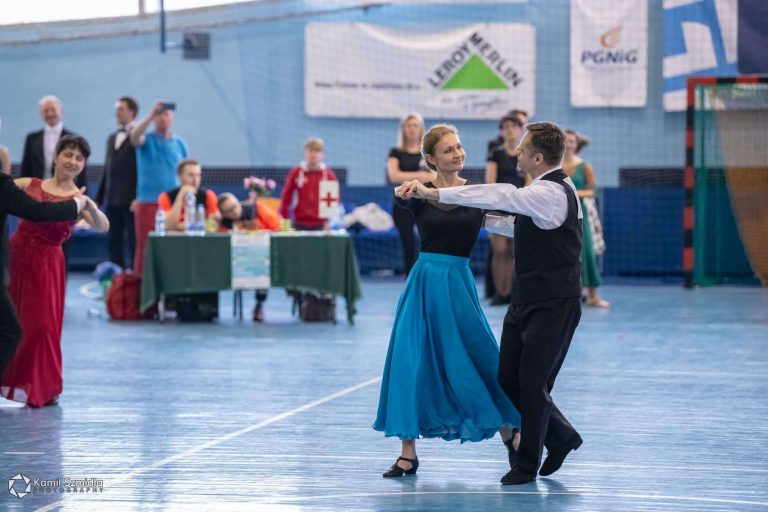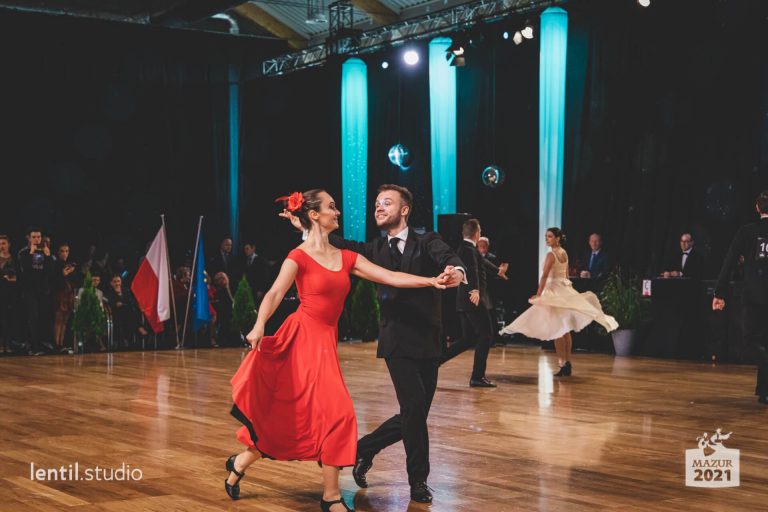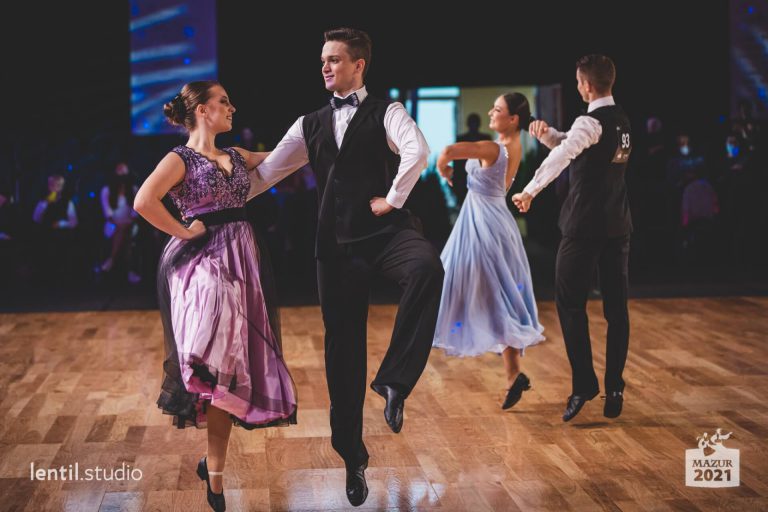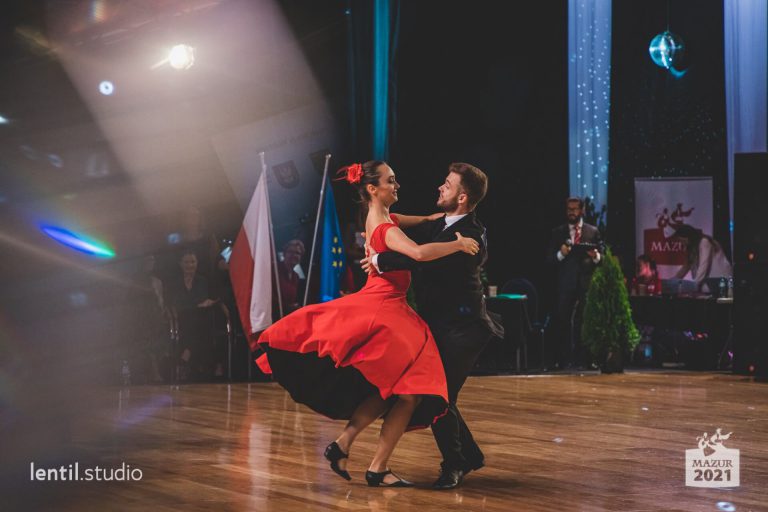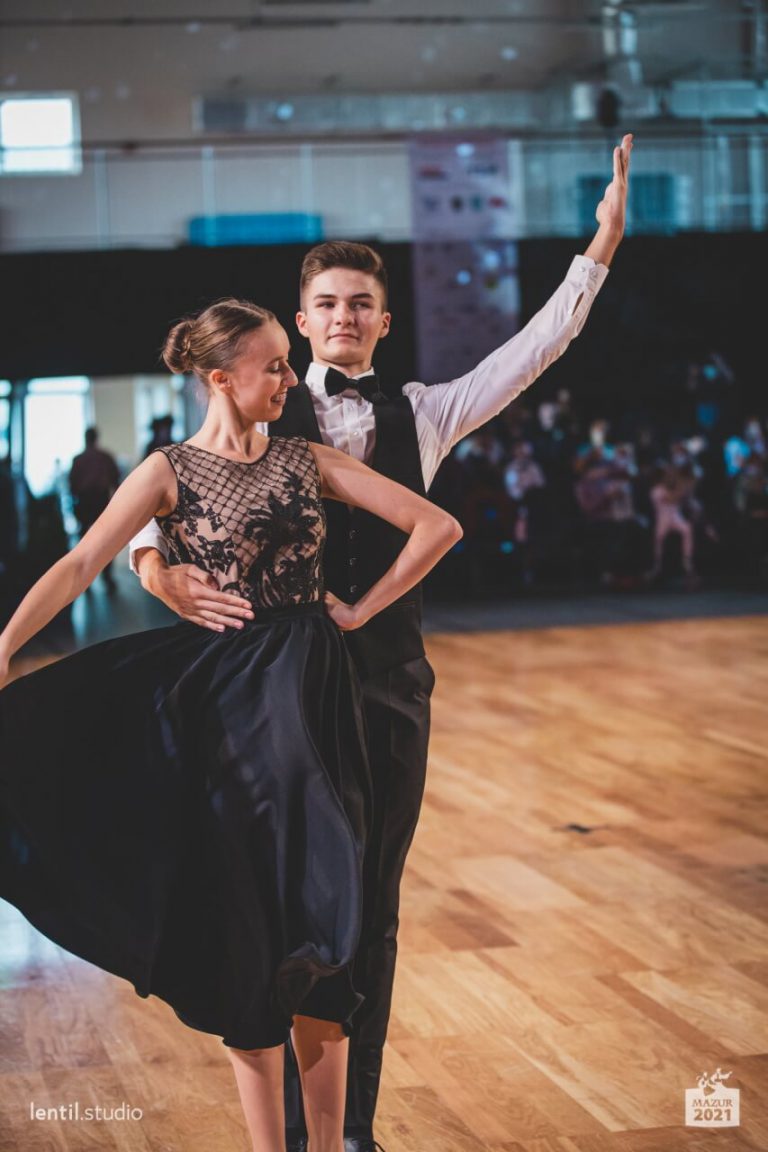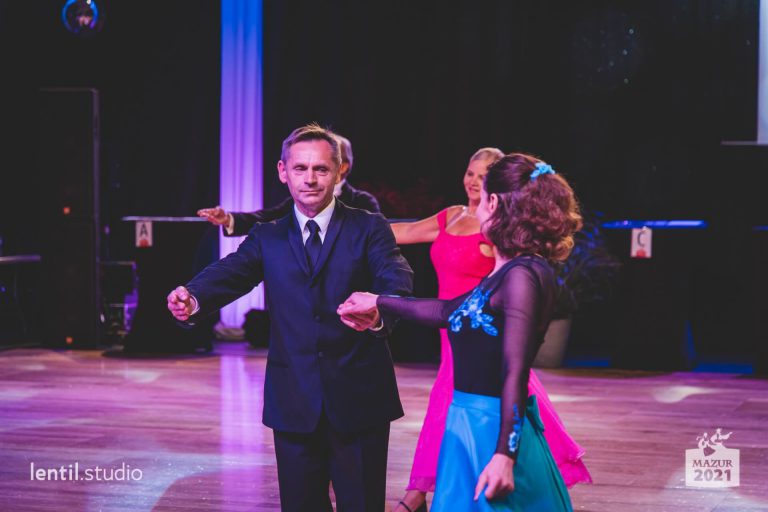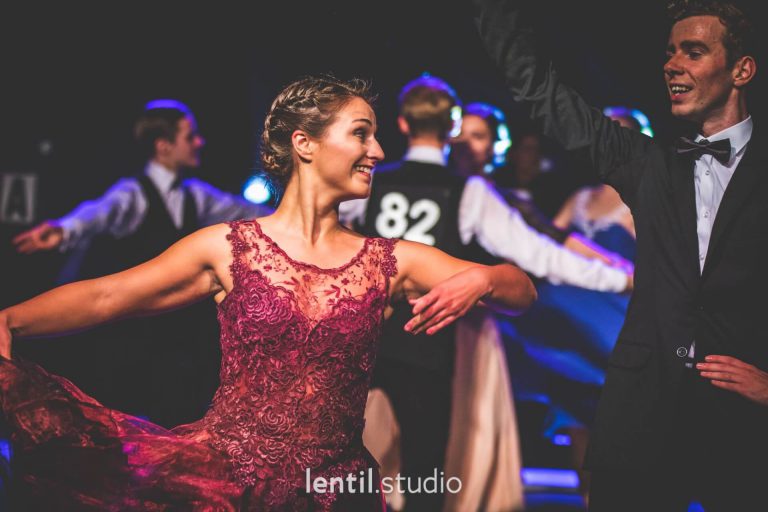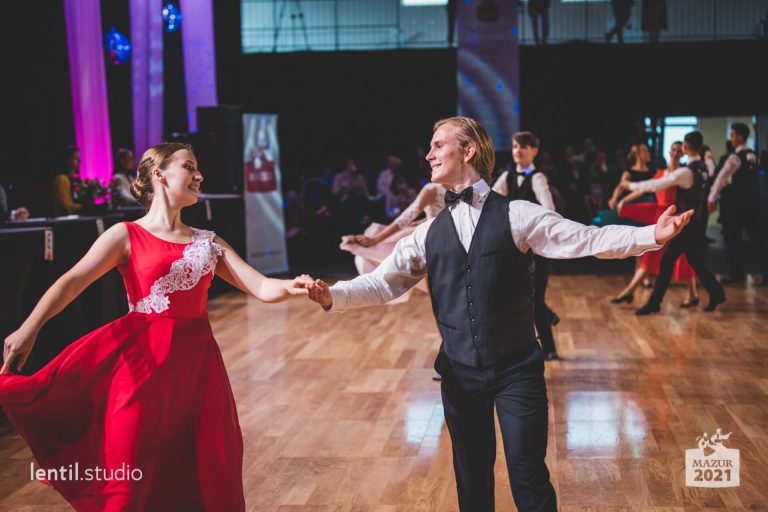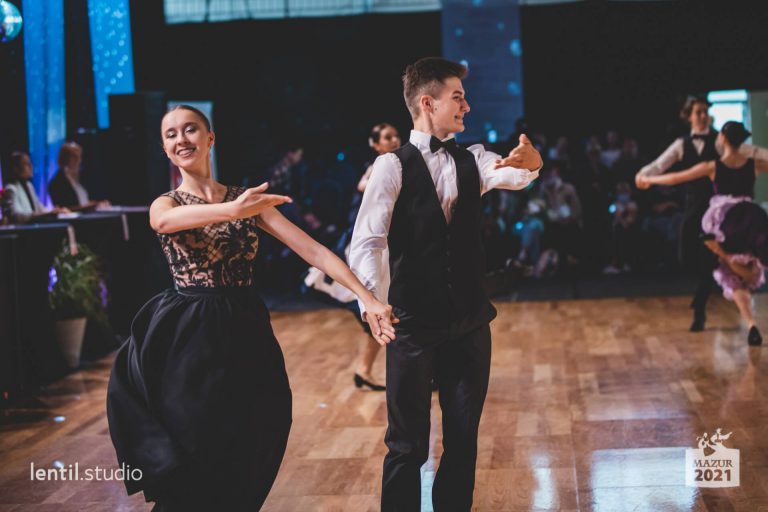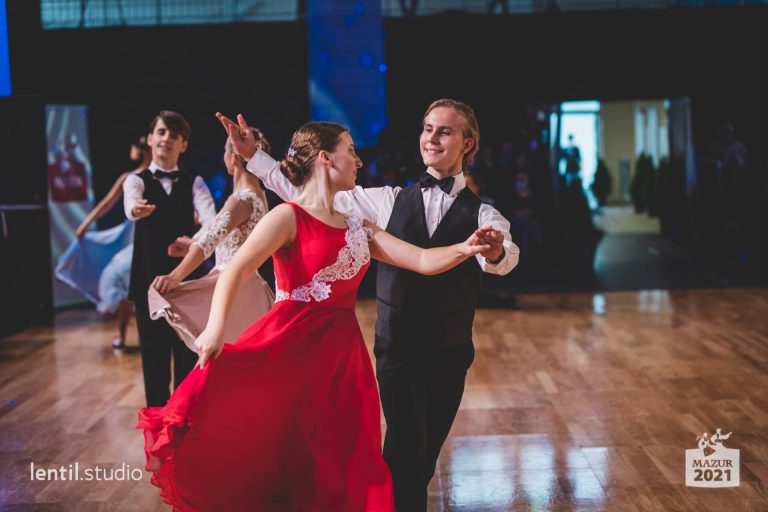Polish dances
The subject of the competition are those Polish dances, which in the past became popular all over the country and were willingly danced by different social strata, thanks to which they gained the name of Polish national dances.

Thus, the couples present on the dance floor of the krakowiak and polonaise danced in the 15th and 16th centuries, a slightly younger mazurka, as well as the youngest dances – kujawiak and oberek, which only at the end of the nineteenth century became dances of various layers.
The aim of the movement is to popularize Polish national dances, both among children and adolescents, as well as adults. Thanks to the active participation of an ever-larger group of dancers, in Polish dance tournaments, the Polish dance heritage manages to save from oblivion and also influence its further development.
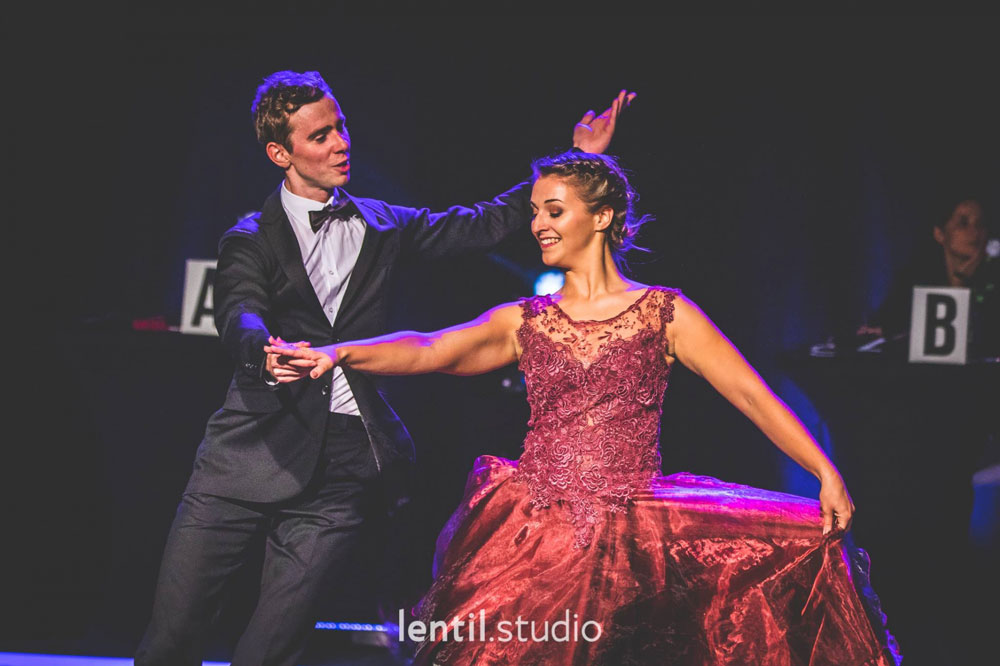
Folkloristic Group “Wielkopolanie” has been participating in the Polish National Dance Tournaments for many years. The dancers, outside regular rehearsals of the Team, meet in the training room and under the supervision of the instructor Jan Galasiński they improve their dance skills, practice new combinations and steps to present themselves best and compete with couples from all over Poland.
During many years of struggle, “Wielkopolanie” has become an important point on the map of centers presenting Polish National Dances and always shows a high artistic level, which results in leading places on events organized all over
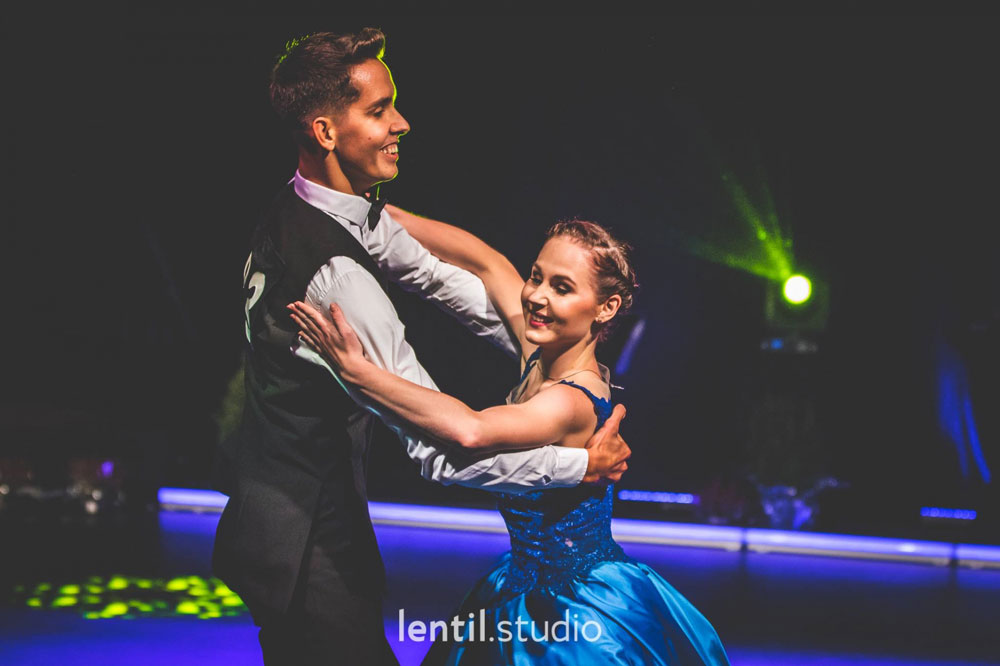
Currently, "Wielkopolanie" is represented by couples:
- Maksymilian Krobski i Zofia Dykier (kat. IVB)
- Bartłomiej Spirka i Zofia Kulka (kat. IVB)
- Aleksander Kamiński i Oliwia Czaińska (kat. IVB)
- Filip Laskowski i Maja Murmiłło (kat.VB)
- Hubert Gramse i Nicol Krzyżanek (kat. VIA)
- Daniel Powroziewicz i Oliwia Lorenz (kat. VIA)
- Mikołaj Szymański i Adrianna Szymaniak (kat. VIA)
- Szymon Obolewicz i Agata Pospiech (kat. VIA)
- Stanisław Haraś i Diana Haraś (kat. VIIA)
